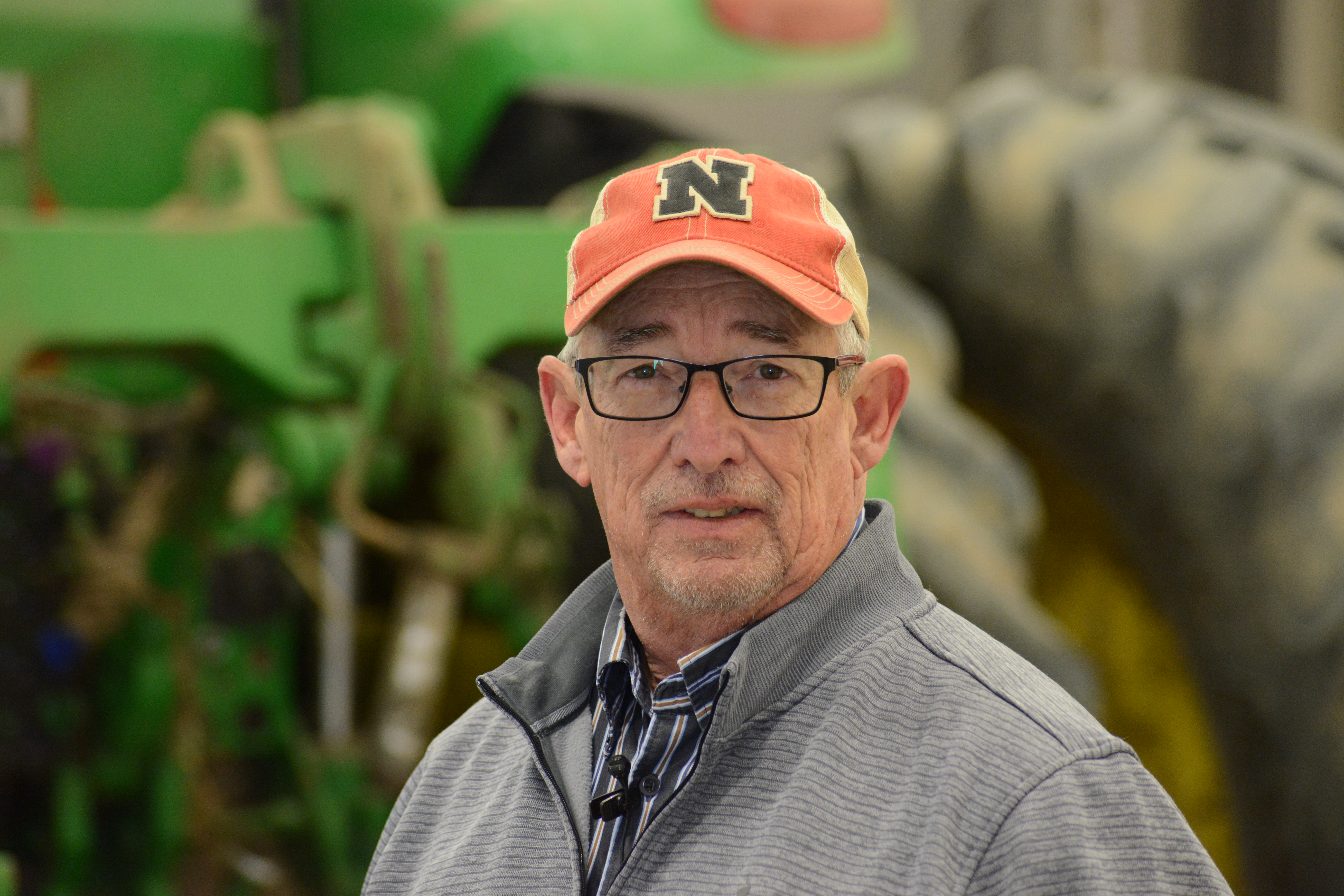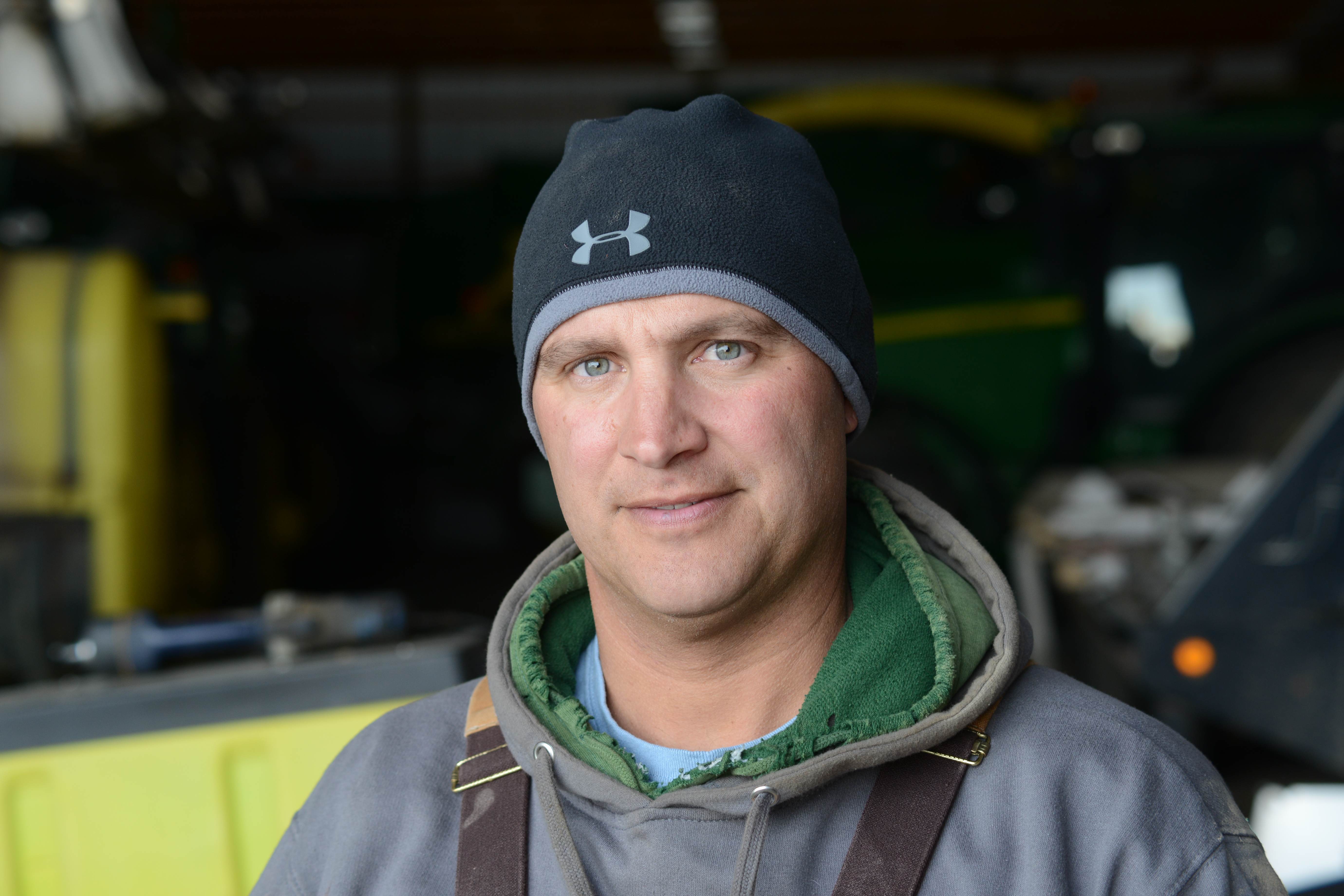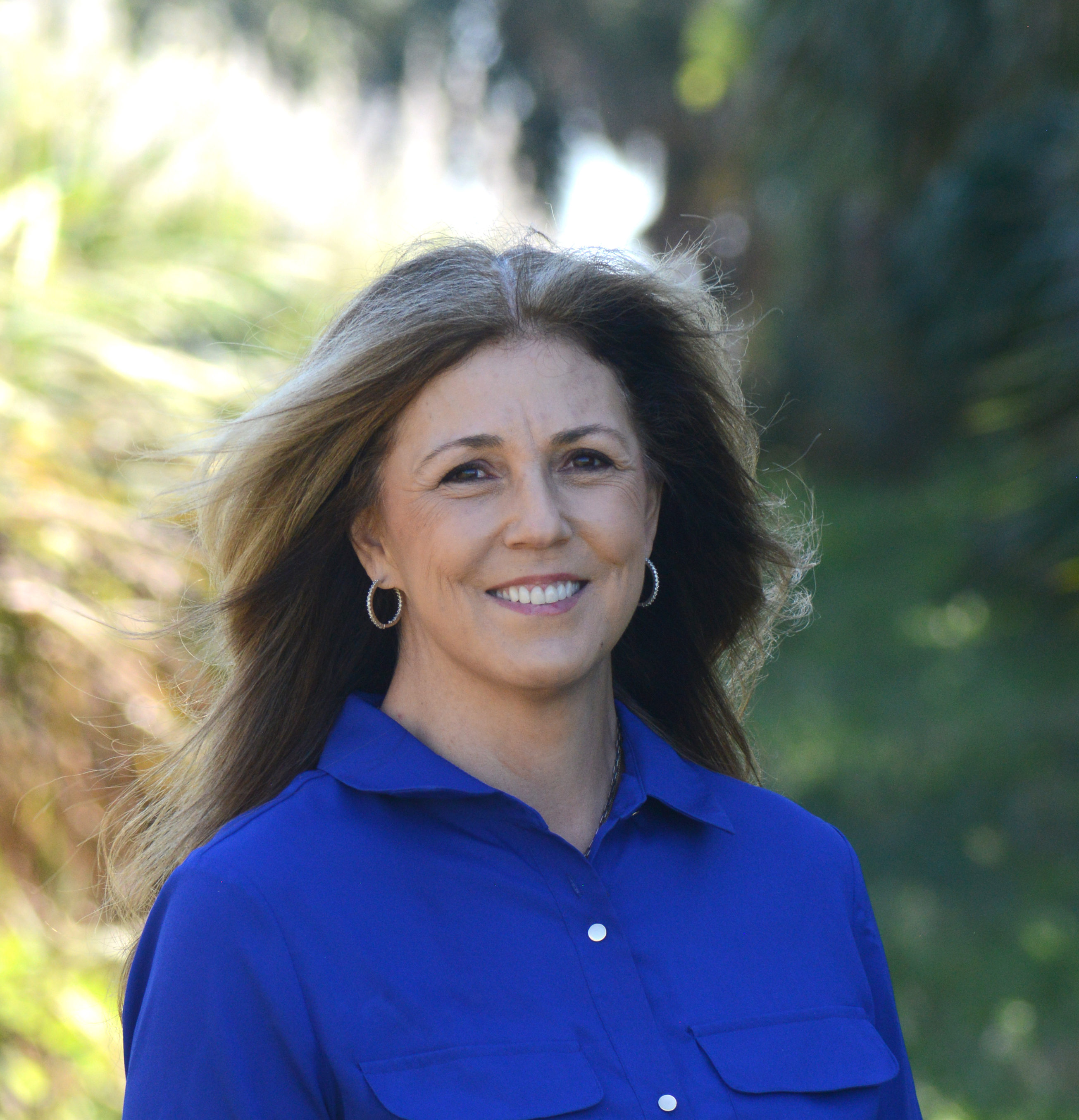This article appears in the August/September 2018 issue of Sugar Producer.
This year, the American Sugar Alliance embarked on the daunting task of chronicling the men and women who comprise the country’s sugar industry. The purpose was to introduce lawmakers to the families directly affected by the legislative decisions emanating from the 2018 Farm Bill debate.
The resulting campaign, “Faces of Sugar Policy,” includes video testimonials from the field, profiles of farm families, feature stories about sugar communities, an interactive map, and a wealth of social media content. That content is housed at www.FacesOfSugarPolicy.org.
 As we worked our way through the country (we still have a couple stops left), something became abundantly clear. All sugar producers—whether they grow beets or cane, or work in a refinery or a processing facility—essentially want the same things. They want the chance to support their families. They want to be treated fairly and not pushed aside by subsidized foreign producers. And they want a fair return from the marketplace, not the government.
As we worked our way through the country (we still have a couple stops left), something became abundantly clear. All sugar producers—whether they grow beets or cane, or work in a refinery or a processing facility—essentially want the same things. They want the chance to support their families. They want to be treated fairly and not pushed aside by subsidized foreign producers. And they want a fair return from the marketplace, not the government.
Our first stop was in the Rio Grande Valley of Texas, where one of the area’s youngest producers summed things up eloquently.
“In everything that we do, we want to be profitable,” said Bryce Wylde, a fourth-generation grower in Lyford, who runs the farm alongside his father and brother. “All we are asking for is a safety net to produce, and just to iron out those wrinkles so we can continue farming for generations to come.”
That same sentiment was shared in California’s Imperial Valley, where we caught up with Von Medearis, a third-generation farmer who recently lost his parents and is now farming alone. He admitted that sometimes he feels like “the last of the Mohicans” and that’s added a lot of perspective to how he views the importance of preserving farms.
“Farmers may be a very small percentage of the people in this country, but we feed the nation and the world,” Medearis said. “By taking away a program designed to help them compete on a level playing field, you risk everything. And if you lose the American farmer, then you’ve lost it all.”
 It wasn’t just farmers who felt that way, either. Workers in sugar factories know how vital sugar is for rural communities throughout the country. Scottsbluff, Neb., is one of those communities.
It wasn’t just farmers who felt that way, either. Workers in sugar factories know how vital sugar is for rural communities throughout the country. Scottsbluff, Neb., is one of those communities.
“It would be hard for me to imagine what this community would be like without sugar,” said Tracey Bentley, the process manager at Western Sugar’s facility in Scottsbluff. “Just think of the number of jobs people would no longer have. What would replace the acres that are no longer sugarbeets?”
Bentley described the ripple effect of sugar in towns like Scottsbluff, where money generated by the industry permeates the local economy and tax base.
The same could be said for Baltimore, Md., where the iconic Domino Sugar sign has illuminated the Inner Harbor for generations.
“Jobs in general, across the board, are hard to come by. Especially jobs where you are making a decent amount of money, great benefits, that have what I call retirement potential,” said Anthony Richmond, a machine operator at the Domino refinery. “These types of jobs for folks who are looking for them are very important.”
When visiting the campaign website to view the dozens and dozens of stories, you’ll be greeted by one of the families we encountered in Michigan: Peter and Allyson Maxwell. The farm lifestyle and their children’s future dominated our discussion.
“My childhood and my upbringing is exactly why I became a farmer,” Peter told us. “I wanted to give my children the same opportunities and the same work ethic and basic skills that my family gave me. I would not trade my upbringing for anything, and I’m very proud of what my parents taught me.”
 Not long after Michigan, we traveled to Minnesota and North Dakota to check in on spring planning. Many thanks to the farmers who took a break from their hectic schedules to visit with us about the pride farming brings to them.
Not long after Michigan, we traveled to Minnesota and North Dakota to check in on spring planning. Many thanks to the farmers who took a break from their hectic schedules to visit with us about the pride farming brings to them.
“It’s one of those things that has to be in your blood to do it,” Raymond, Minn. farmer Nate Hultgren said. “Because to lay under a beet digger at 2 in the morning and scrape mud, not a lot of people would want to do it unless you were born with it.”
Hultgren succinctly summed up the message most sugar producers want delivered to Congress: It’s essential to keep sugar policy strong and intact; “otherwise these communities that rely on sugar for jobs, for tax dollars…they’re going to go away.”
Hultgren is right, as one community unfortunately found out the hard way. The American Sugar Alliance didn’t stop in Hawaii during the tour because the state recently stopped producing sugar after more than a century in business due to poor prices and a flood of subsidized Mexican sugar.
Makelle Pinsonat, a fourth-generation Louisiana sugarcane grower, said she hopes Congress learns from the past and ensures other communities don’t meet the same fate.
“We need more stability—a stability in price,” she said. “When we went through the issue with Mexico dumping, our prices dropped tremendously. But our inputs are steadily going up, and we are still farming on old sugar prices.”
Hopefully the industry’s new campaign—and our producers’ own words—will help spread that message far and wide, and Congress will preserve a strong sugar policy for years and years to come.